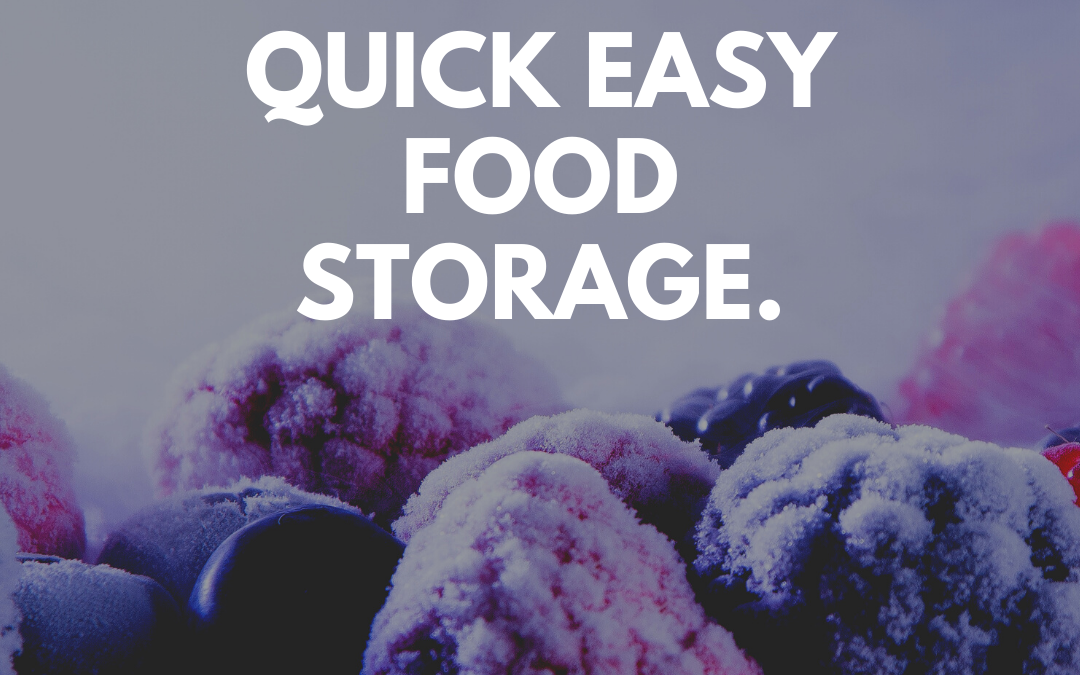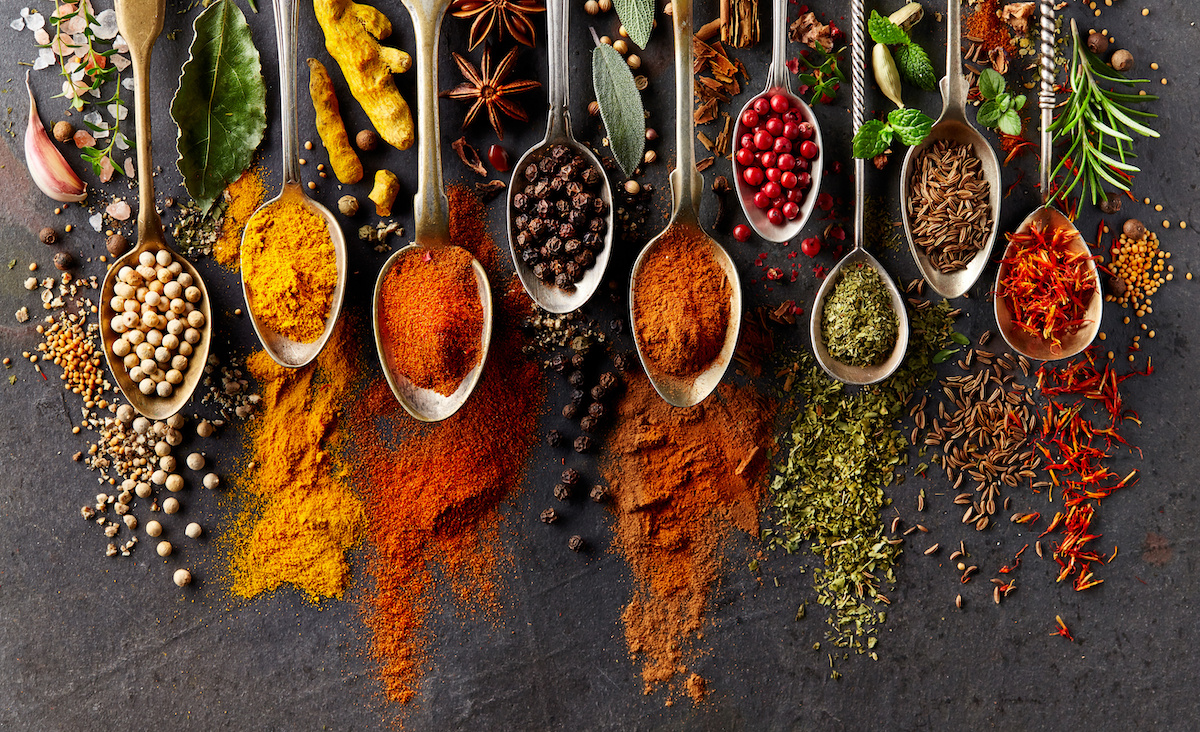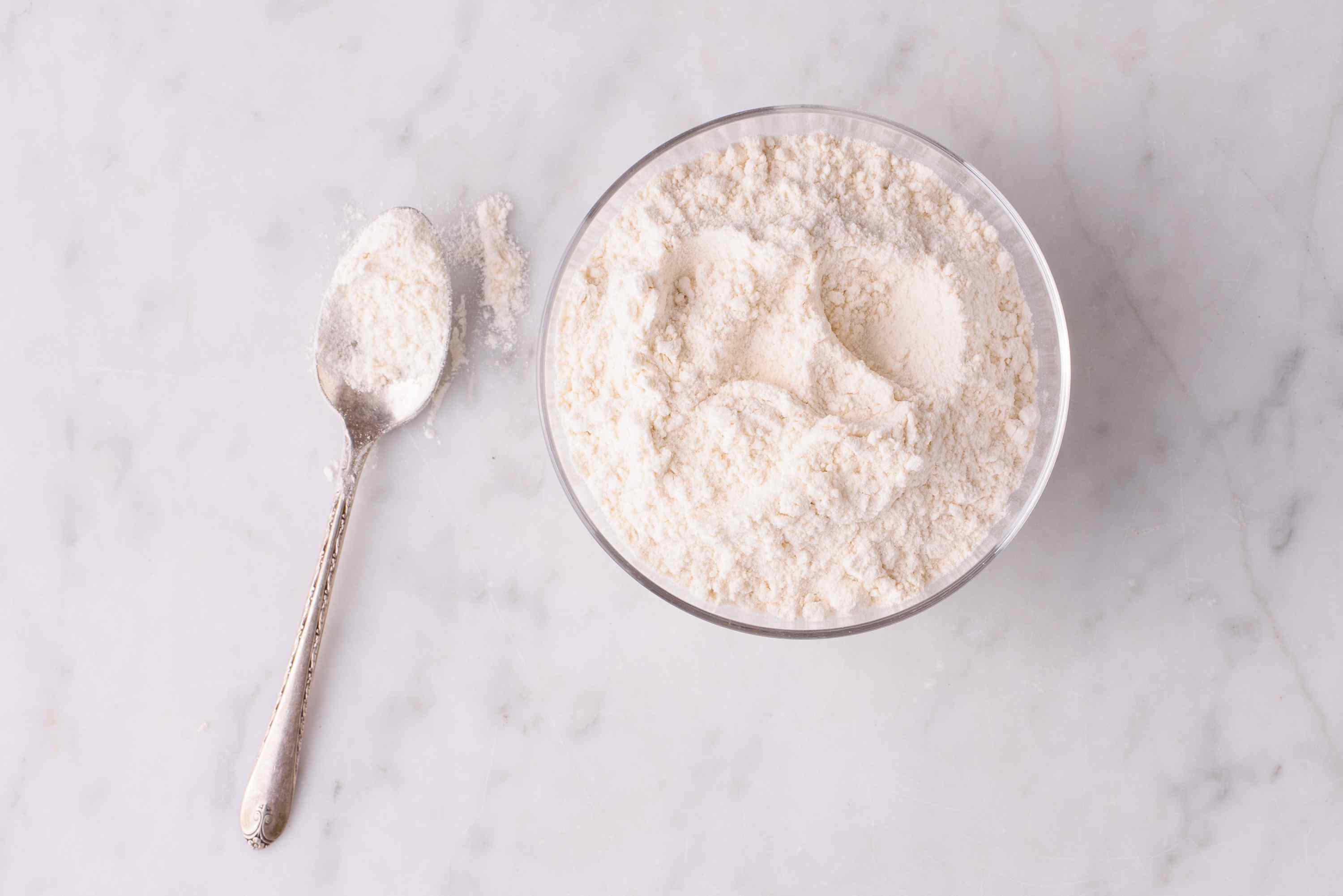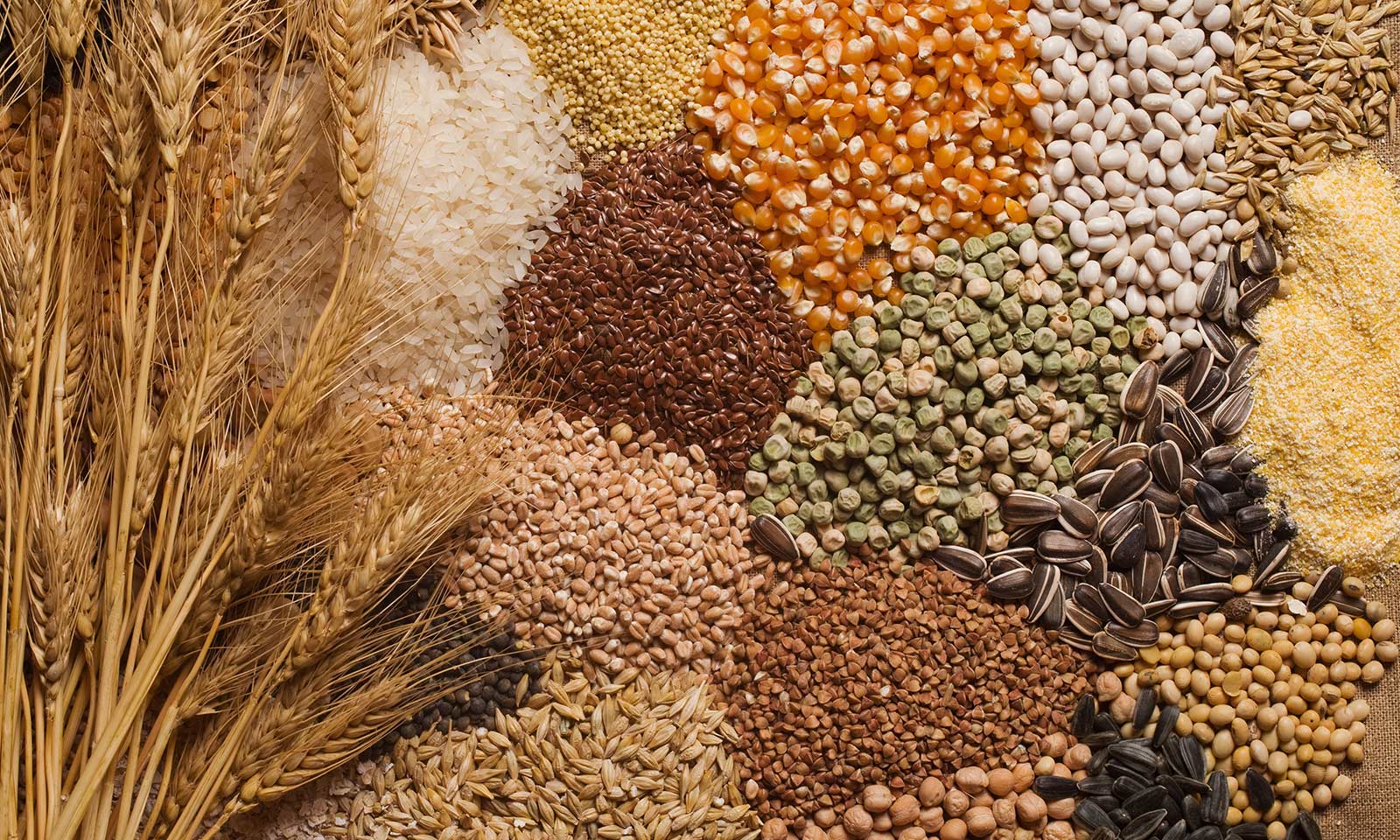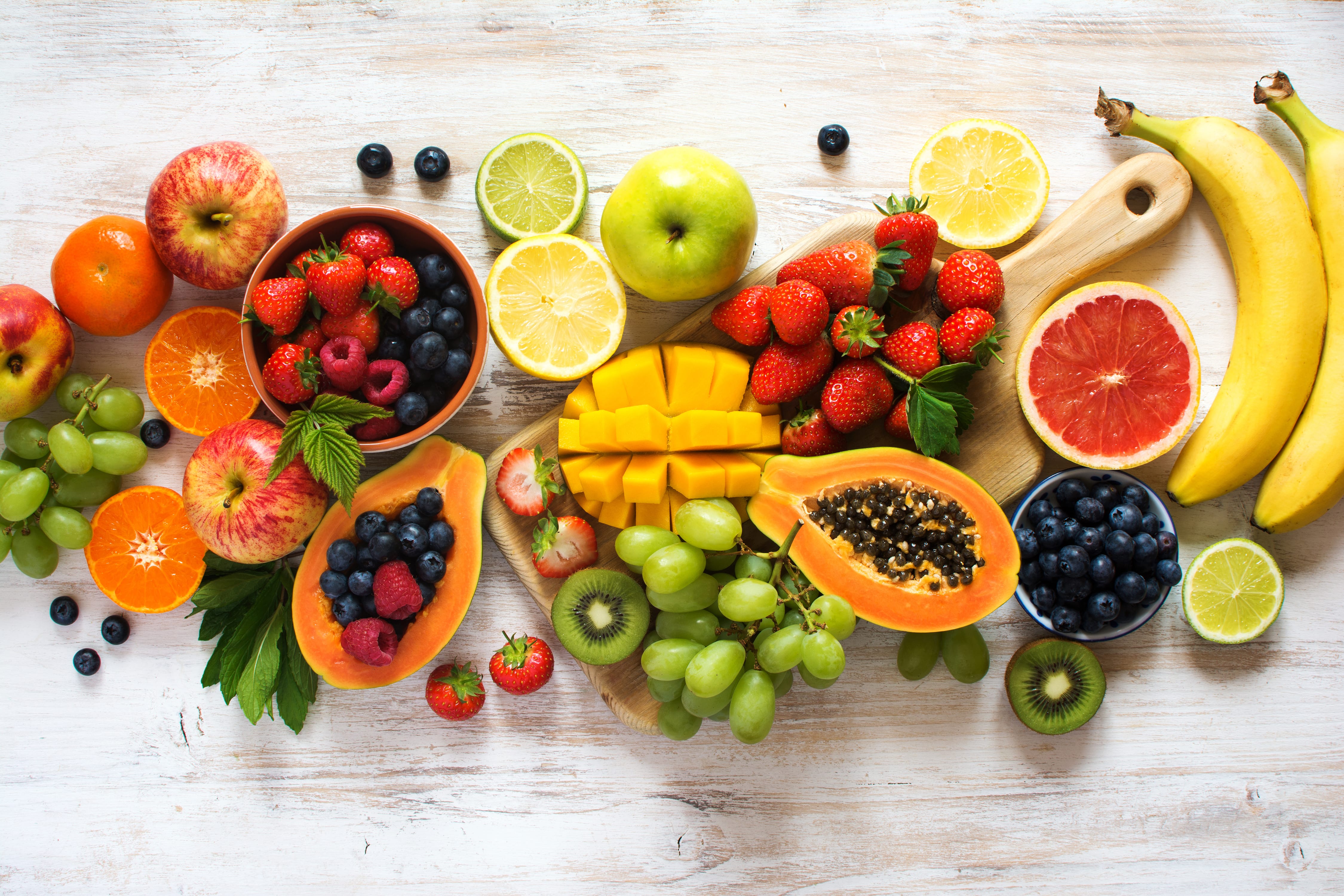One way to maintain a healthy lifestyle is by checking the quality of food that you eat. Food storage is important because it allows us to eat food at a later time rather than immediately. It also helps to save cost as buying in bulk is always cheaper compared to when you buy a single unit.
However, it is important to know how to store certain food items. This is because when food is improperly stored, it could to contamination and the growth of harmful microorganisms which can be detrimental to our health.
Listed below are some common food items and the proper ways to store them
- Spices
Like all foods, spices have a definite shelf life and they go bad. Sunlight, air, heat and humidity shorten the shelf life of all spices. When exposed to these environmental conditions, the chemical compounds that give spices their flavour are broken down, leading to a loss in flavour and potency. In some cases, the spices become mouldy and rancid and they have to be thrown out.
Spices and herbs should be stored in airtight containers in cool, dry places. Do not store in the fridge or freezer. When kept in ideal conditions, dried herbs and ground spices can last for up to a year while salts will keep indefinitely.
- Flour
When you buy flour from the market, make sure to keep it in a plastic or glass container with a tight-fitting lid. This keeps the flour from absorbing moisture or attracting insects. It also prevents the flour from absorbing odours and flavours from food around it. Flour stored in an airtight container away from sunlight can last up to six months. If you’d like to keep your flour for a longer period, store it in the freezer.
- Grains
Grains like rice, beans and garri can be stored for long periods, under perfect conditions. Store raw grains in airtight bags or plastic containers and keep in a cool, dry place. This will prevent moisture and weevils from attacking it.
- Vegetables
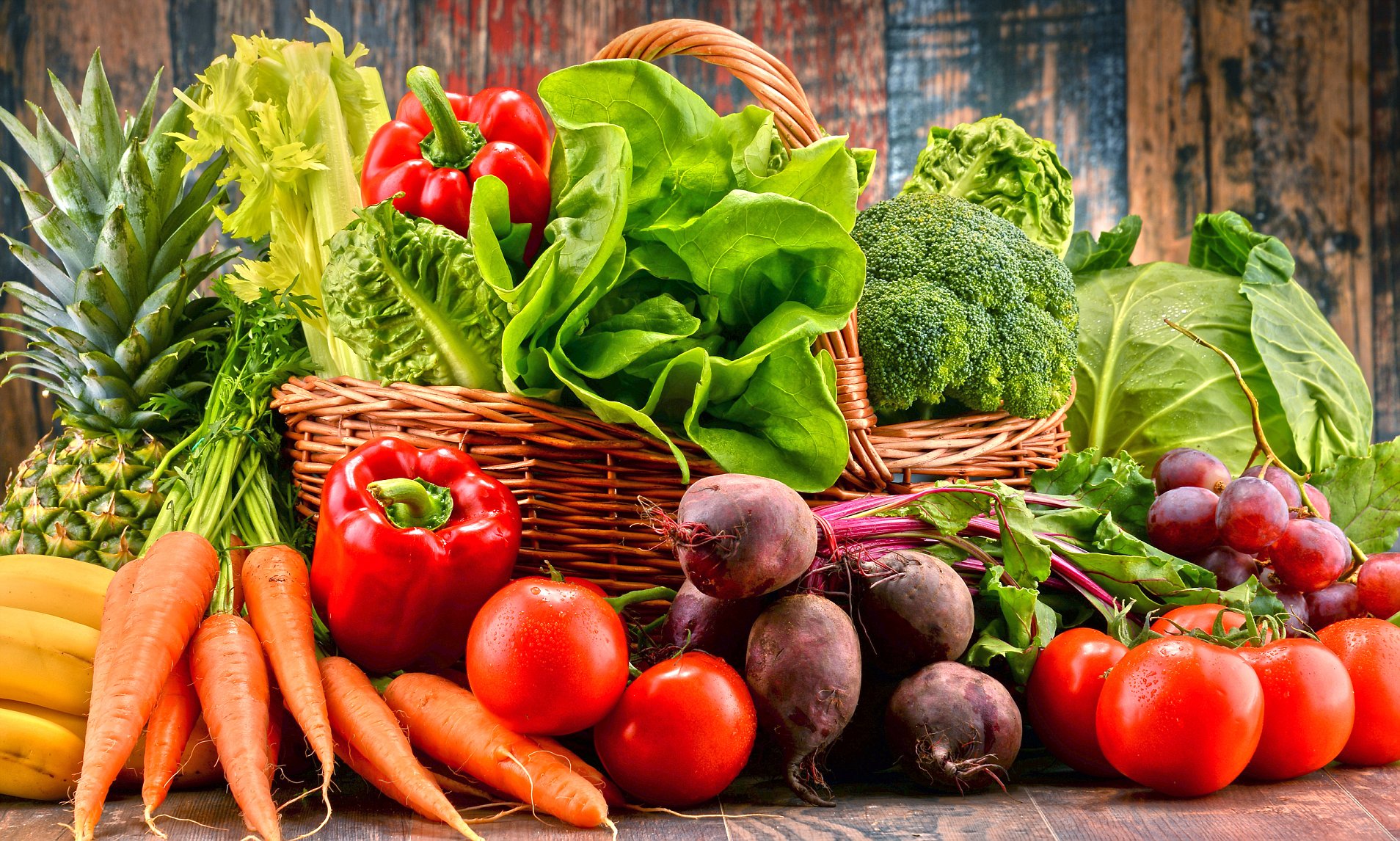
Composition with assorted raw organic vegetables. Detox diet; Shutterstock ID 598749548
Let your tomatoes ripen in an uncovered bowl, away from direct sunlight. They will last for about 3-4 days with this method. If you want to keep for longer, store ripe tomatoes in the refrigerator.
Vegetables like cucumber, cabbage, carrots, spinach etc should be wrapped in plastic bags or containers and kept in the fridge. However, consume within 1 week to ensure its fresh quality.
Onions, garlic and ginger are best kept at room temperature. Keep them away from potatoes, sunlight and the refrigerator.
- Fruits
Bananas, lemons, limes and mushrooms should be kept in a cool, dry area, away from the refrigerator.
Mangoes, oranges, pears and pineapples can be left to ripen at room temperature and then kept in the fridge for longer storage.
Whole melons should be left at room temperature while berries and apples should be stored in the refrigerator.

